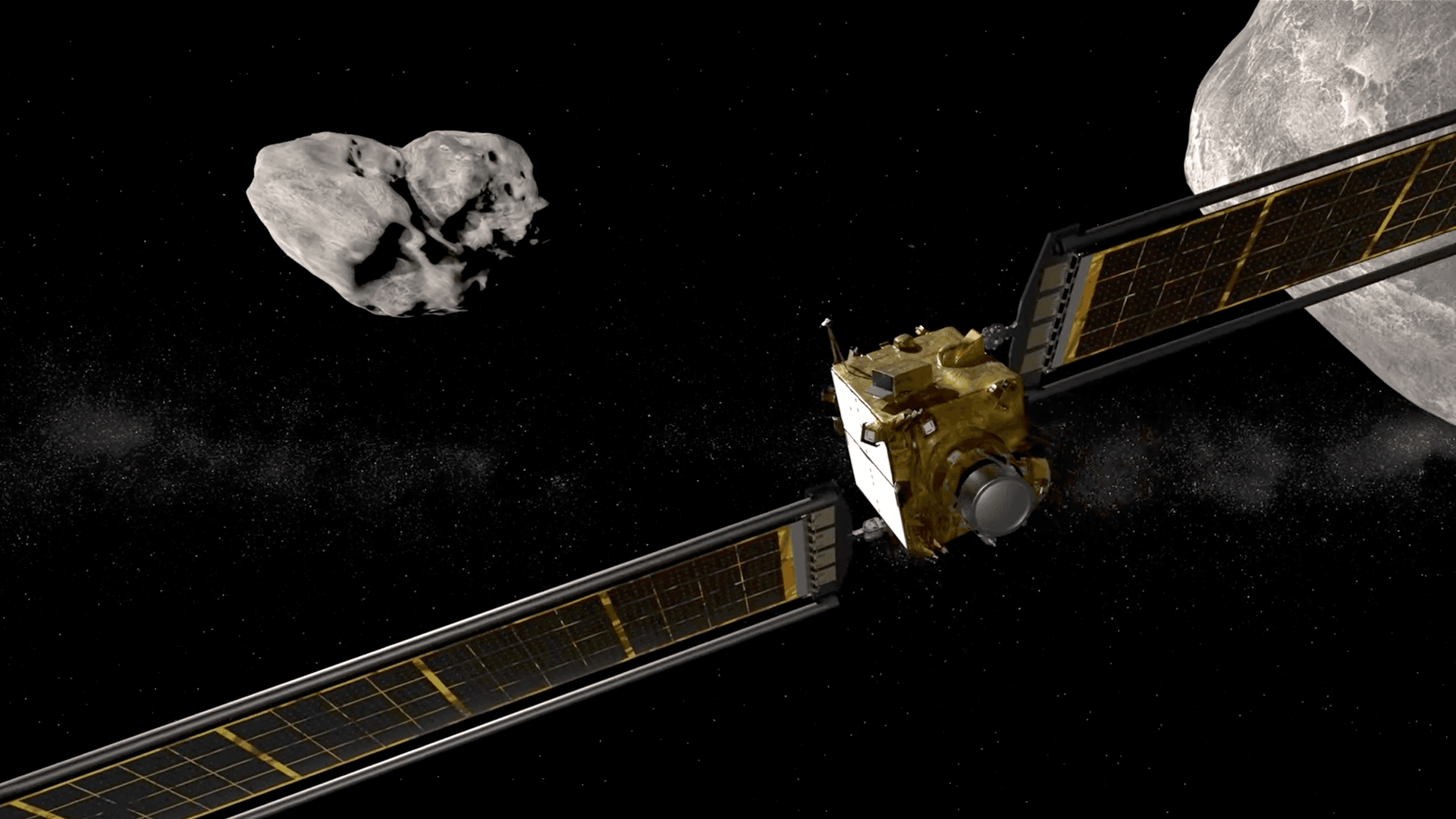SOURCE : AFI

After significant achievements in lunar and solar explorations, the Indian Space Research Organisation (ISRO) under the leadership of Chairman S. Somanath, is now setting its sights on a new frontier: asteroids. The goal is not just to land on these celestial bodies but also to develop strategies to defend Earth against potential catastrophic impacts.
One of the immediate opportunities ISRO is looking at is the observation of Asteroid 99942 Apophis. This asteroid, measuring 335 meters across, is considered one of the most hazardous asteroids that could potentially impact Earth. Apophis is set to pass perilously close to our planet, within a distance of less than 32,000 km, on April 13, 2029.
“India should be able to observe this asteroid,” Somanath stated. He further revealed that discussions are underway about how ISRO can contribute to this mission. The potential contributions could include preparing an instrument for the mission or providing other kinds of support, in collaboration with agencies like JAXA (Japan Aerospace Exploration Agency), ESA (European Space Agency), and NASA.
Somanath highlighted the grave consequences of asteroid impacts during a workshop on Planetary Defence for students at the ISRO headquarters. “If an asteroid hits Earth, the impact can be disastrous. We need to prepare for planetary defense. If a 100-meter diameter asteroid hits us, it can be fatal, wiping out an entire nation. A 2-kilometer diameter asteroid could destroy the entire planet.”
Looking ahead, Somanath envisions missions that would allow ISRO to land on asteroids and study the potential impacts on Earth. These missions would also focus on preparing defense mechanisms against such threats. The strategy includes starting with collaborations with countries and organizations that have already developed expertise in this area.
“As a spacefaring nation with the capabilities to land on the Moon and place a satellite in the Lagrange Point of the Sun, India is now keen to contribute to studying asteroids,” he added.
Asteroids, mostly found between Mars and Jupiter, pose a significant threat due to their high energy and velocity. Despite their small size, the energy they possess is enormous. “According to studies, the entire mass of all asteroids is less than three percent of the Moon’s mass. Even that small mass traveling at huge velocities can create an impact,” Somanath explained.
However, while they pose a threat, asteroids also offer vast opportunities for scientific exploration. The study of these celestial bodies could unlock new knowledge about the early solar system and the formation of planets.
ISRO’s foray into asteroid observation and planetary defense signifies India’s growing prowess in space technology and its commitment to safeguarding our planet. By collaborating with international space agencies and leveraging its advanced space capabilities, ISRO aims to play a crucial role in global efforts to understand and mitigate the threats posed by asteroids.